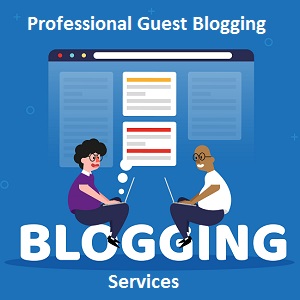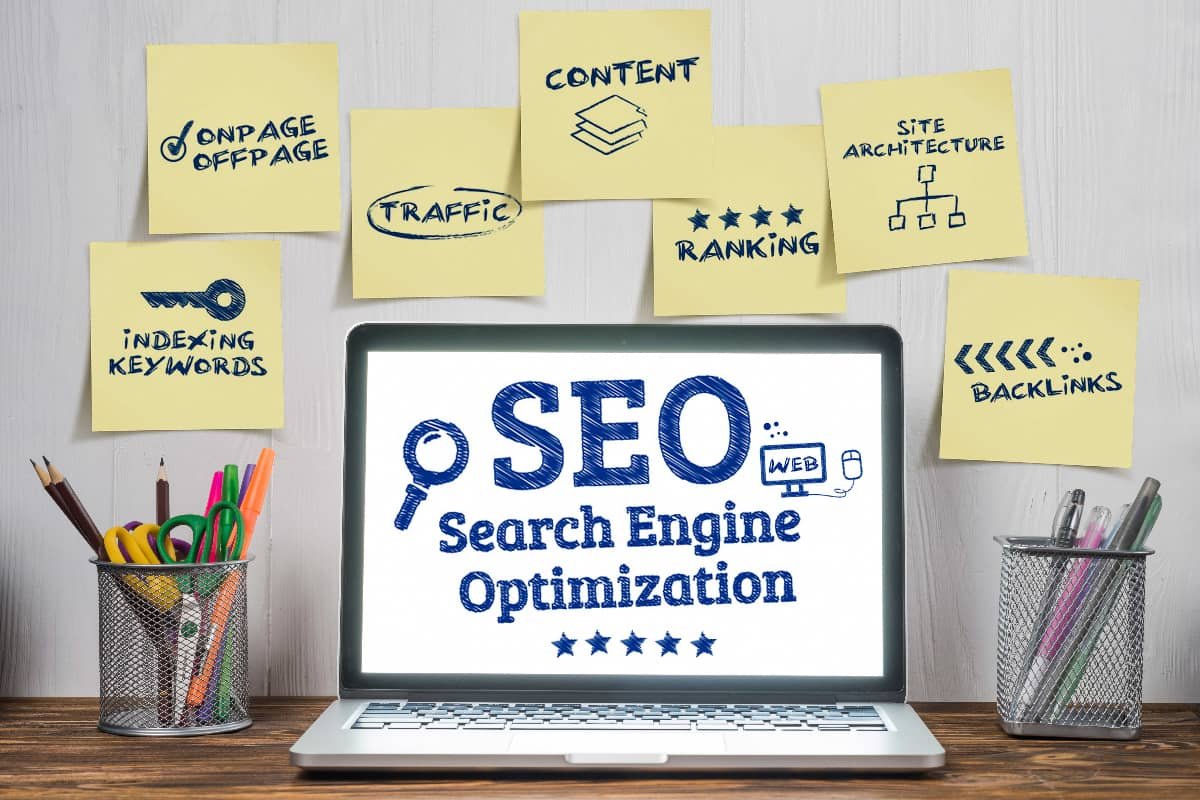The ultimate guide to small business SEO strategies. This ultimate guide to small business SEO strategies is designed to be visible on the web and make your brand.
Explore the function of small businesses SEO services in Ahmedabad in enhancing online presence and getting potential buyers. This guide adequately covers all necessary on-page and off-page SEO techniques, effective keyword research methods, and the use of the tools to measure performance.
Compete with bigger firms and reach a massive audience for the growth of your website online. From title tags and meta descriptions to building quality backlinks and measuring success, avail yourself of what SEO can do for marketing your small business.
Understanding SEO and Its Importance for Small Businesses
Today, the SEO technique has become a major intervention strategy for all small businesses wishing to improve their online visibility. SEO basically covers all practices related to making modifications to a website to improve its ranking on search engines, among which Google is the most popular.
This additional visibility is critical, as it has a direct bearing on a business’s ability to bring potential customers to its site. Among the several components of SEO comes one in which the efficient use of keywords takes center stage.
Keywords are those terms and phrases that users enter into search engines when searching for specific information. By conducting keyword research, small businesses can determine specific relevant phrases to help them with searching for that particular audience for better chances of being in the search results.
Moreover, having an idea of the search intent-knowing what users are looking for or seek to do in the course of their search query-appplies further to any business’s SEO strategy by creating content based on expectations. Another SEO component would be related to algorithmic factors, which are formulas with which search engines can obtain a page rank for web pages.
This algorithm considers so many parameters like the speed of the site, whether it’s mobile-friendly, the kind of content published, and much more that impact a site’s ranking. SEO names itself the winner for small businesses because they can rank better and get more sights and visits business-wide.
As consumers increasingly turn to search engines to locate nearby services and products, it will be increasingly imperative that small businesses incorporate practical SEO strategies. These businesses are better equipped to grow and gain a competitive advantage over other small businesses by using well-thought-out keywords, search intent, and algorithmic factors to optimize their online existence.
Related: 5 Ways To Be Successful SEO Consultant in London
Essential On-Page SEO Techniques
However, setting small businesses with online websites for access to greater organic traffic produced by search engines is recognized as an important aspect of on-page SEO strategies. One of these is the effective utilization of title tags and meta descriptions.
Tag titles would create an accurate representation of the contents that relate to important keywords in a natural manner. Likewise, meta descriptions as summaries about the contents of pages could feature important key phrases for an enlarged opportunity for increased click-through rates against the search engines.
Another important on-page SEO technique regarding header tags (H1, H2, H3, etc.) is structuring your content. This technique makes it easy for both search engines and people to understand the information laid out on your webpage, wherein the main header (H1) signals what the main topic is, with succeeding headers, such as H2 and H3, limiting other parts of the content for better readability.
Then, related to that, important criteria for content structuring are clearness and readability. Hence, for small businesses, brief writing, using bullet points or short paragraphs to make engagement happen, is very important. Again, relevant keywords should flow with the same general interface to the user’s intent of the search but without any keyword stuffing.
Not overlooking the image optimizations: proper alt text and relevant file naming conventions by which search engines would index these visual assets also add to the total accessibility. Also, internal linking helps point visitors through the sites while distributing page authority across its many sections for a better crawl of the site by conversion search engines.
Finally, by developing high-quality, informative materials targeted to the needs of the audience, one such type of user engagement may be increased to encourage repeat visits. Small online businesses have improved their positions in search engine results through these simple on-page SEO strategies with effective regular content development for future success.
Related: Voice Search and Its Impact on SEO & Video Marketing
Building Quality Backlinks and Off-Page SEO Strategies
Off-page tactics provide a very important contribution in terms of making a website more authoritative and improving ranking for such a site on a search engine result page. Building quality backlinks is the most effective off-page strategy for achieving that.
Backlinks are nothing but hyperlinks pointing from other sites to a certain website, and they tell the search engines if the content has value and credibility for a specific topic in question. A small business can adopt different tactics for building a solid backlink profile: guest posting, partnerships, or social media.
Guest blogging is actually a method of backlinking, one that allows you to demonstrate your proficiency in that specific subject. You can write articles for reputable and high-traffic blogs within your industry and land some really nice backlinks back to your site.
Make sure to target very high-quality websites within your niche to maximize the impacts of such activities. Small-sized businesses can also benefit from partnerships with other businesses in exchanging links, promoting each other’s services, and carrying credibility.
Another important aspect of off-page SEO strategies is their presence across social media platforms. You can share material from your site onto several social media channels, thus increasing visibility and, in turn, encouraging another person to link back to your site.
Engaging with users by answering questions or providing valuable insights can also enhance your reputation and drive traffic to your website. Also, small businesses should focus on local SEO by optimizing their presence in local search results.
This includes proper citation management, meaning making sure your business details are consistent and correct throughout the various online directories. This way, you stand a better chance of being found during local searches, but it can also help improve your visibility online in general.
These are definitely the kinds of off-page strategies that will help small businesses build the best backlinks while giving them visibility and authority in an increasingly competitive digital landscape.
Related: 5 Ways To Increase Your Website Traffic Without SEO
Utilizing SEO Tools and Measuring Success
Then, the selected ones will take their businesses online using appropriate small business SEO tools to track their performance and update their strategies. There are so many tools for different areas of SEO that a small business can take the appropriate insight into keyword research, website audits, and measuring performances.
Google Keyword Planner is one of the top-notch tools in keyword research which helps in finding relevant keywords and knowing their search volume. It has favorable details on competitive keywords, whose terms small businesses can select to make more organic or natural search engine rankings rather than keyword offerings. Another meaningful research tool is Ahrefs.
It gives more amount of data regarding keyword difficulty and search trends, thus assisting organizations to refine their content strategies. Website auditing tools like SEMrush and Moz can help small businesses quickly check how healthy their website is by displaying information regarding site speed, broken links, and on-page SEO, among other areas directly affecting user experience and search engine visibility.
As a performance managing tool, for example, Google Analytics gives a holistic platform for monitoring aspects like web traffic, user behavior, and conversion rates. Goals set in Google Analytics would be indicative of how effectively websites convert visitors into customers through their SEO strategies. Moreover, they should monitor different key performance indicators (KPIs)—organic traffic growth, bounce rates, keyword rankings—to better understand a successful strategy for SEO.
Continuously analyzing the data from these tools should inform businesses about the changes needed in their strategies for performance. This becomes an iterative cycle of improvement for keyword prompting because strategies adapt to ever-changing market requirements and audience behaviors, resulting in improved search outcomes with time.
Don’t Miss: Why Your Business Needs an Experienced SEO Consultant in Ahmedabad

























